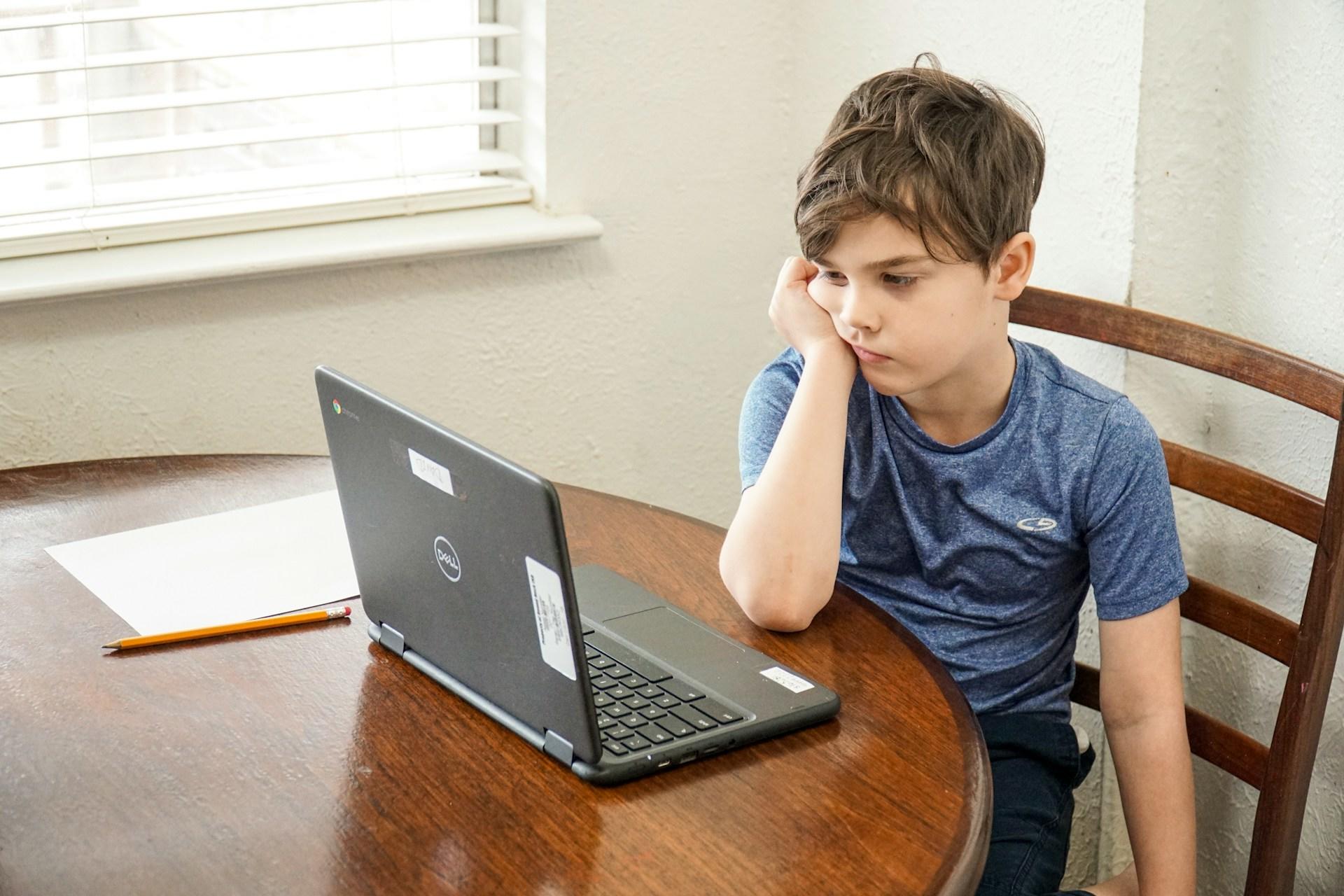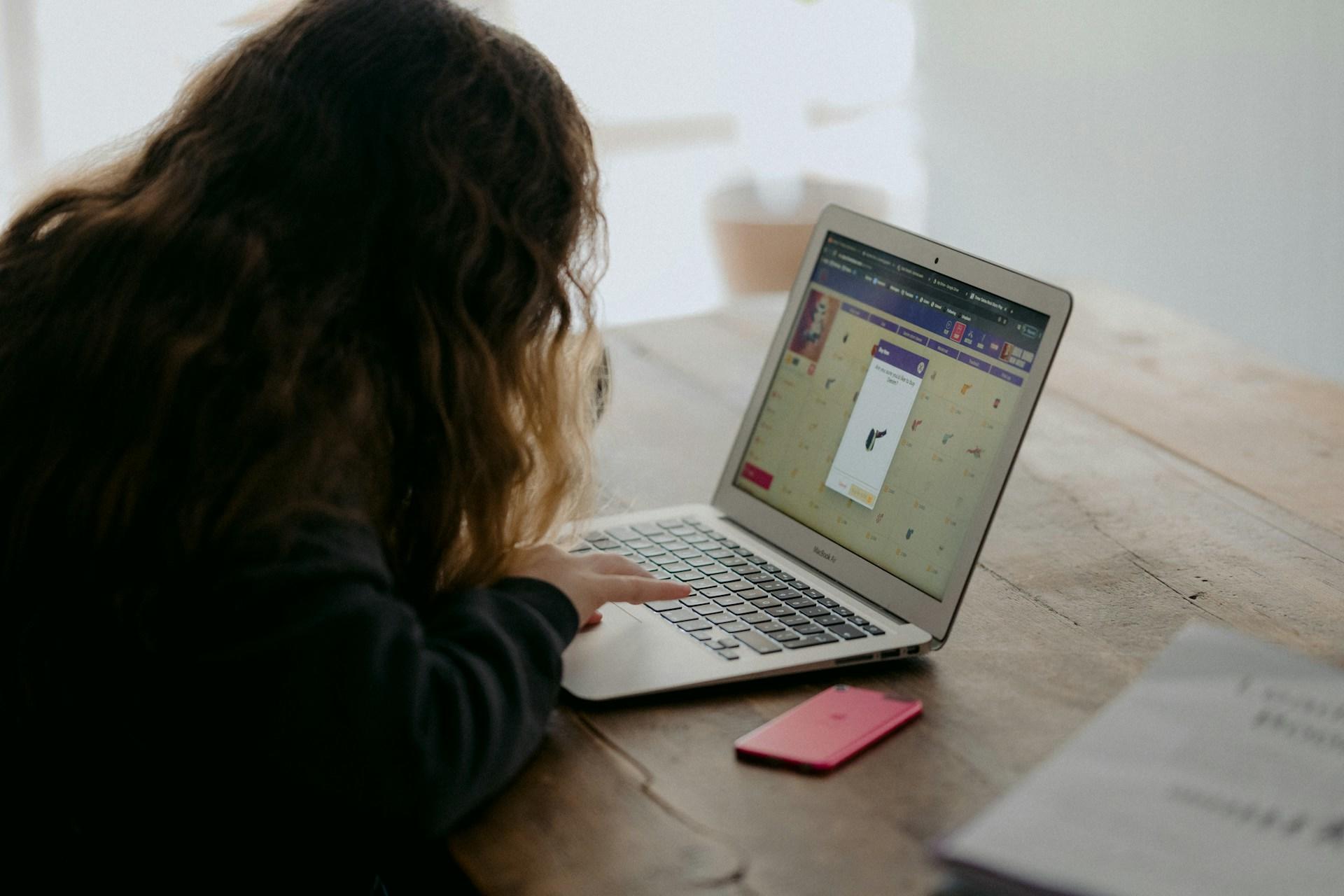Before we begin, you should know that homeschooling means that you'll never have a "typical" day. The freedom allowed by home-educating your child makes every day an opportunity to do something unique and interesting. Make the most of this and optimise every session to teach your child as effectively as possible.
Factors such as age, preferences, and learning style are all things you'll need to consider when homeschooling your child. You've probably decided to homeschool your child because you want them to get a better education than they could in a registered school so make sure you're providing them with one.
You don't want to make the same mistakes that happen in school and while you're not obliged to follow a lesson plan or even the curriculum, effectively planning your child's education will make it far more effective.

Adapting to Homeschooling
The issue with education in a registered school is that every lesson is planned to teach the "average" student. This means that every lesson has to be somewhat of a compromise that gets the best overall result for the cohort.
Teachers can't tailor every lesson to every individual child and that's not their fault; it's just part of teaching larger groups. You have a wonderful opportunity to provide your child with an education that's tailored to them. Make sure you use it.
The main problem, however, is that homeschooling is quite the change, especially if your child has already been in school.

Some families will be homeschooling their children because they regularly have to travel and don't want to have their child changing schools. Others may be staying put, but they both want to provide their children with a good education.
What you choose to teach and how you choose to teach it will be down to the child's age and the teaching approaches that are most effective for them.
Every child is in a different situation so we can't say exactly how to teach them, but reading our guide to homeschooling could be a good place to start.
Once your child has been given an exemption from attending a registered school, you're legally responsible for their education. To get this exemption, you need to provide the local Ministry of Education with a detailed plan of how and what you intend to teach them.
This plan will form the basis of your lessons so some of the work is already done, but adapting to homeschooling is tough, especially given that there's no such thing as a typical day of homeschooling.
To adapt to homeschooling, you need to be adaptable. It's unfortunate, but it's true. Have a plan and stick to it when it works, but don't be afraid to change it if you see that it isn't working.
What Is a Typical Day of Homeschooling
Every parent can choose a different approach to homeschooling children. When teaching from home, you don't even really need to be at home. You can choose exactly which methods and approaches work best for your child.

There's a plethora of resources out there and a quick search will provide you with comprehensive lesson plans on various subjects. While there are both homeschooling websites with lesson plans, you can also simply take lesson plans that are designed for or by teachers and adapt them to your needs.
The New Zealand curriculum is also available online and while parents don't have to follow it when homeschooling their child, it can be a useful guide to what their child would be learning in a registered school.
Once you've finished homeschooling your child, they'll likely be competing for jobs against other people who've been educated according to the curriculum and there'll be expectations from potential employers that they know all this stuff.
Split the Day with Work in the Morning and Activities in the Afternoon
This is one approach to homeschooling that combines the kind of traditional schooling a child would receive in a registered school with far more engaging educational activities; something you can only do when homeschooling.
Children (and adults) learn better after a good night's sleep so don't start the day too early and make sure that your child has a regular sleep schedule. Remember that since they're being homeschooled, there is some flexibility to start later if they're tired and need more sleep, but try not to make a habit of it.
Generally, it's a good idea to start the day at around 9:00. A fixed time is good, but if your child wakes up early and is ready to learn before this, there's no reason you can't start earlier. From there, you can schedule classes and provide a more traditional approach to learning.
You can then have lunch before planning a range of more interesting activities in the afternoon. You don't have to do things in this order, but it's much easier to go from serious to fun than the other way around. The fun activities should serve as a reward for the hard work they've done in the morning.
These activities can be fun and games at home or trips to museums, parks, and places outside of the home. Ideally, these trips should be related to what they were studying in the morning.
You don't have to do it like this if you find a better way, but this structure of homeschooling strikes a nice balance where you can still teach them commonly taught subjects like:
- English
- Maths
- Foreign languages
- History
- Geography
- Art and music
- Science
Homeschooling for Digital Nomads
Whether you're travelling around New Zealand or the world, digital nomads often choose to homeschool their children rather than putting them in a boarding school.
In this type of homeschooling, parents can't often manage a strict schedule simply because of the nature of their work. You'll likely have to be much more flexible in how you teach them and look for resources and ideas that you can use at any given time.
It's still recommended that you break the day into formal tuition and educational games and activities. If this isn't possible, you may have to make one day serious and another day fun instead.
Depending on your schedule, you may still be able to include trips and educational visits, especially if you're travelling as you'll naturally have a lot of opportunities for educational excursions.
It might also be useful to connect with fellow digital nomads and homeschoolers, especially if they're yearning for opportunities to hang out and interact with children their age.
Unschooling
Unschooling is a concept that breaks with traditional education as it's taught in schools and could be an interesting option for homeschoolers. One of the biggest advantages of homeschooling is that you get so much freedom in how you teach your children.

In this approach, you feed your child's curiosity by allowing them to learn whatever they show interest in. This can take some getting used to, especially if you were taught in
Generally, this focuses on what the child needs and wants to learn. They can choose what they want to learn as and when they’re interested in learning it. There’s less planning and structure, which can feel weird for some parents, especially those who were educated more traditionally.
Make sure you take the following into account before you start unschooling:
- The age and level of the child.
- The subjects that they're learning.
- Resources they could find useful.
- How you prepare resources to guide their curiosity.
If you're homeschooling several children of different ages and levels, unschooling can alleviate the workload. Older children can help teach younger children while learning new concepts themselves.
Since unschooling feeds their curiosity, children will always be learning what they want to learn, which doesn't always happen when teaching a curriculum.
There are plenty of unschooling resources available online and you can even use other resources and adapt them.
Get Help with Homeschooling
Homeschooling just means that you've taken responsibility for your children's education and they're not obligated to attend a registered school. This doesn't mean that you have to do all the teaching yourself.

There are homeschooling communities where you can connect with other parents homeschooling their children and get advice and information on how to effectively homeschool children.
There are networks and groups of homeschoolers that meet up and do activities together. They can also provide support, resources, and ideas to help you with it.
If you need even more help, don't forget that you can enlist the help of a private tutor for any subject or simply to help you with lesson planning. There are plenty on the Superprof website and many offer the first lesson for free!
Summarise with AI:













